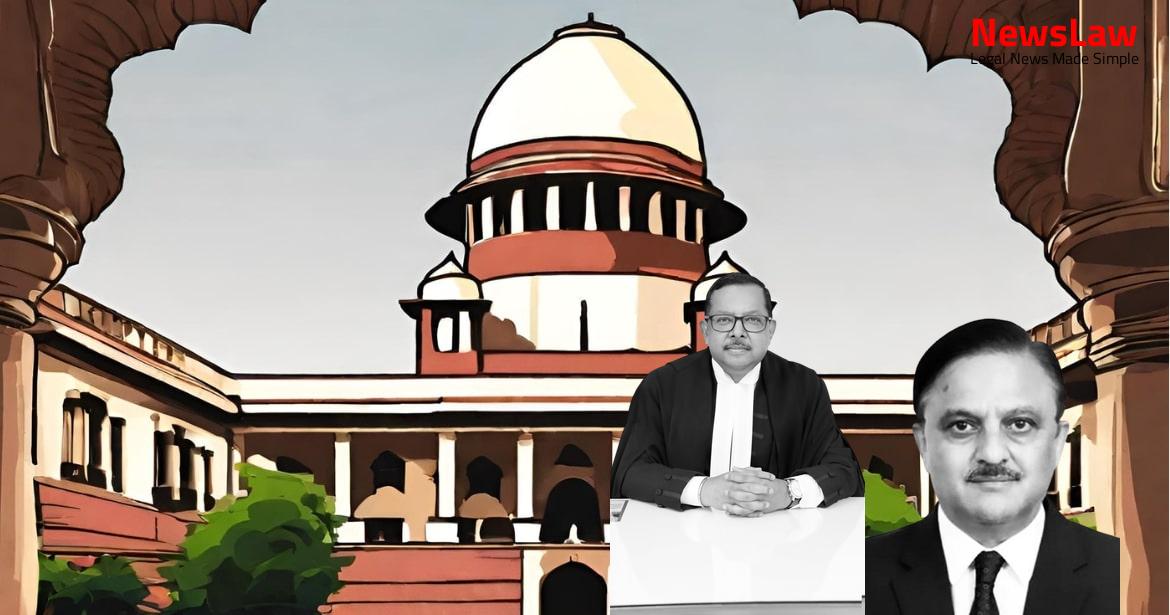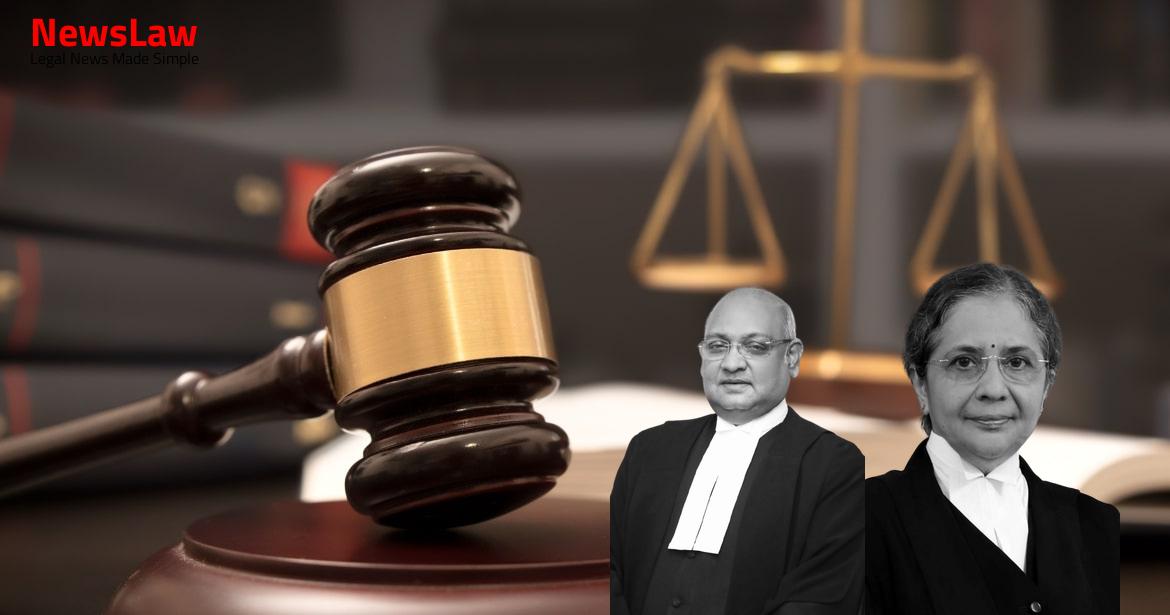The recent judgment in the case of Director of Enforcement v. Bablu Sonkar has brought to light a crucial issue surrounding the improper grant of bail in cases under the Prevention of Money Laundering Act, 2002 (PMLA). The case involved a writ petition filed by Bablu Sonkar in the Bombay High Court seeking to quash a complaint filed by the Enforcement Directorate under the PMLA.
Also Read: https://newslaw.in/case-type/criminal/consensual-relationship-and-misconception-of-consent/
The High Court, in an unprecedented move, granted interim bail to Bablu Sonkar without any formal request being made for the same.
The judgment raises important questions regarding the propriety of granting bail in cases of financial offenses, especially when there is no explicit prayer for bail by the accused.
The court’s decision to release Bablu Sonkar on bail without hearing the appellants or recording proper reasons for such a decision has raised concerns about the judicial process and adherence to legal protocols.
One of the key issues highlighted in this case is the significance of following the prescribed roster system in the High Court.
Also Read: https://newslaw.in/supreme-court/withdrawal-of-offending-statements-in-defamation-case/
The court noted that the case was not listed under the roster of the bench that heard the matter on the day bail was granted, indicating a procedural lapse in the handling of the case.
The decision to set aside the bail granted to Bablu Sonkar and instruct him to surrender before filing a formal application for bail raises questions about the rights of the accused and the procedural fairness of the judicial system.
The court emphasized the importance of upholding the principles of natural justice and ensuring that all parties are given a fair opportunity to present their case.
Furthermore, the judgment underscores the need for judicial authorities to exercise caution and discretion when dealing with matters of bail, especially in cases involving serious offenses like money laundering. The court’s stance on setting aside the bail order reflects a commitment to upholding the integrity of the legal system and ensuring that justice is served.
Also Read: https://newslaw.in/supreme-court/acquittal-in-ipc-offences-lack-of-test-identification-parade/
In conclusion, the Director of Enforcement v. Bablu Sonkar case serves as a reminder of the importance of adherence to legal procedures and the significance of upholding standards of fairness and justice in the judicial process.
Case Title: DIRECTORATE OF ENFORCEMENT Vs. BABLU SONKAR (2024 INSC 107)
Case Number: Crl.A. No.-000774-000774 / 2024



